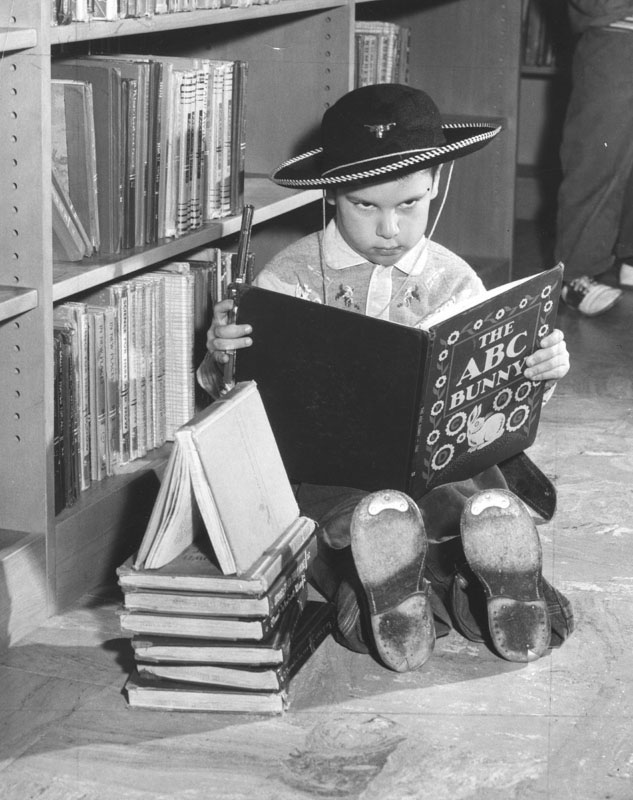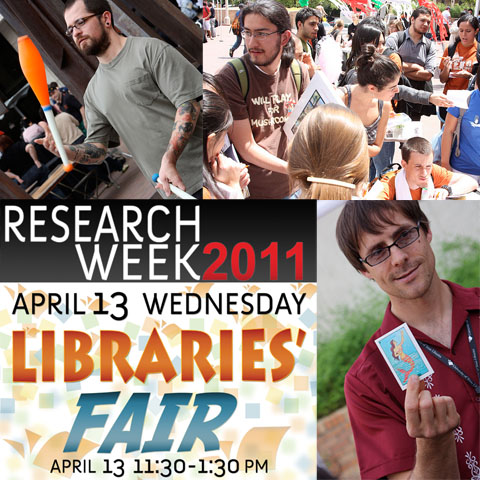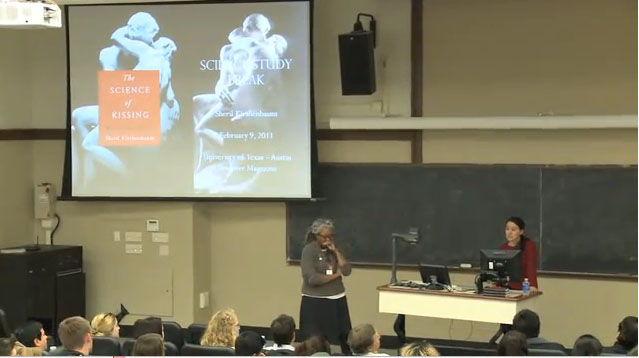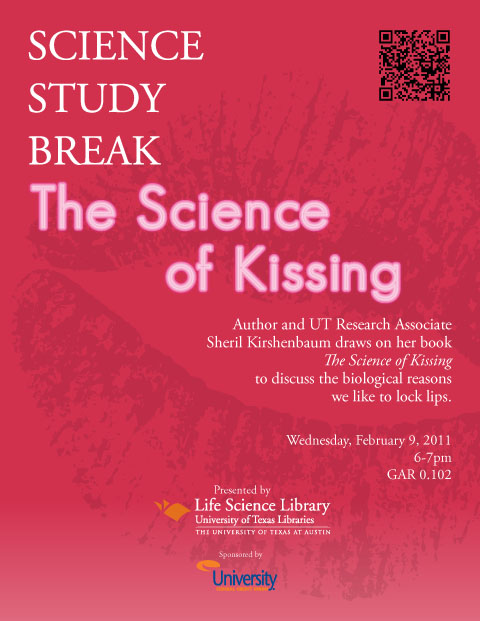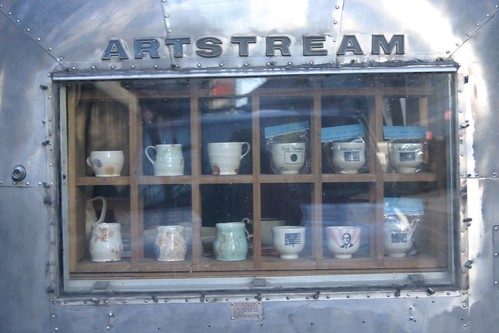
We know that food trailers are all the rage right now, so it seems rather natural that those locations on wheels might find some other uses as well.
Enter the Artstream Ceramic Libary, a unique art exhibition featuring the work of 13 nationally recognized ceramic potters. Housed in a vintage 1967 silver Airstream trailer, the library travels across the country to libraries and organizations interested in sponsoring this project so people from coast to coast may participate in this distinctive cultural exchange.
And what better place to host such a gallery on wheels than at the Fine Arts Library at The University of Texas at Austin.
Similar in structure to a literature-based library, the Ceramic Library loans out unique handmade cups for seven days. Borrowers from the Ceramic Library are required to take a digital photograph of the cup in use, though other art forms are encouraged as well, including music, video and visual art. The photographs and art based on the loaned items will be posted online.
Take note, though: the borrowing program is limited to University of Texas at Austin faculty, staff and students.
The Artstream Ceramic Library will be hosted at the Fine Arts Library through March 31.
A reception highlighting the 40 cups available for checkout will take place Friday, March 4 at 5 p.m. Lisa Orr – a local potter and one of the Artstream artists – will speak at 5:30 p.m. about the Artstream project.
On Monday, March 7 at 9 a.m. there will be a demonstration by Orr and Austin potter Ryan McKerley in the ceramics studio in the Art Building, Room 2.410.
Special thanks to ceramics aficionado Dennis Trombatore for his generous sponsorship of the exhibition.
